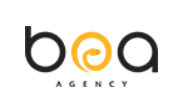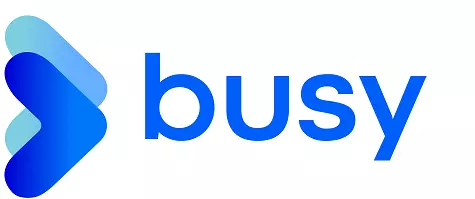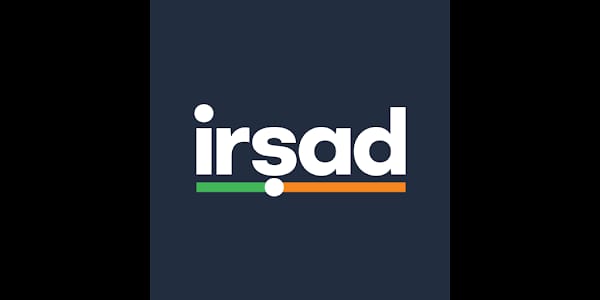BI Developer
- ANVI
-
Elanın qoyulma tarixi: 26.12.2023Vakansiyaya müraciət tarixi bitmişdir.
İşin təsviri
Requirements and Skills:
- Data Analysis and Visualization: Proficiency in data analysis and the ability to create insightful visualizations. Understanding key metrics and KPIs across various business domains.
- BI Tools Expertise: Extensive experience with BI tools like Tableau, Power BI, QlikView, or Looker for dashboard creation, data visualization, and reporting.
- Database and Query Languages: Strong knowledge of database management systems, both SQL (like MySQL, PostgreSQL) and NoSQL (like MongoDB), and proficiency in query languages like SQL for data manipulation and retrieval.
- Data Warehousing: Understanding of data warehousing concepts, ETL (Extract, Transform, Load) processes, and tools like SSIS, Talend, or Informatica.
- Data Modeling: Skills in data modeling and familiarity with data normalization and star/snowflake schema design.
- Programming Skills: Knowledge of programming languages like Python or R, which are often used for data analysis and scripting in BI contexts.
- Advanced Excel Skills: Proficiency in advanced Excel functions and techniques, which remains a staple in many BI tasks.
- Understanding Business Processes: Strong understanding of business processes and ability to translate business requirements into technical specifications.
- Critical Thinking and Problem-Solving: Ability to analyze problems, think critically, and propose effective solutions through dashboards and reports.
- Communication Skills: Excellent communication skills for articulating data insights and interacting with stakeholders to understand their requirements.
- Attention to Detail: High attention to detail to ensure accuracy and relevance of the data presented.
ANVI tərəfindən digər vakansiyalar
Oxşar vakansiyalar

Nurgun Holding
Avtomobil üzrə Servis məsləhətçisi

North West
IT Biznes Analitik (Süni İntellekt yönümlü)

DO IT MMC
Biznes inkişafı üzrə menecer

BOA Agency
Borcların ilkin təqibi üzrə kiçik mütəxəssis (Gəncə filialı)

Onvolt MMC
Avtomobil satıcısı

Tempus
Tibbi nümayəndə (Xankəndi, Xocalı, Şuşa, Laçın, Kəlbəcər, Zəngilan, Qubadlı, Ağdam, Cəbrayıl)
Elanı irəli çək

